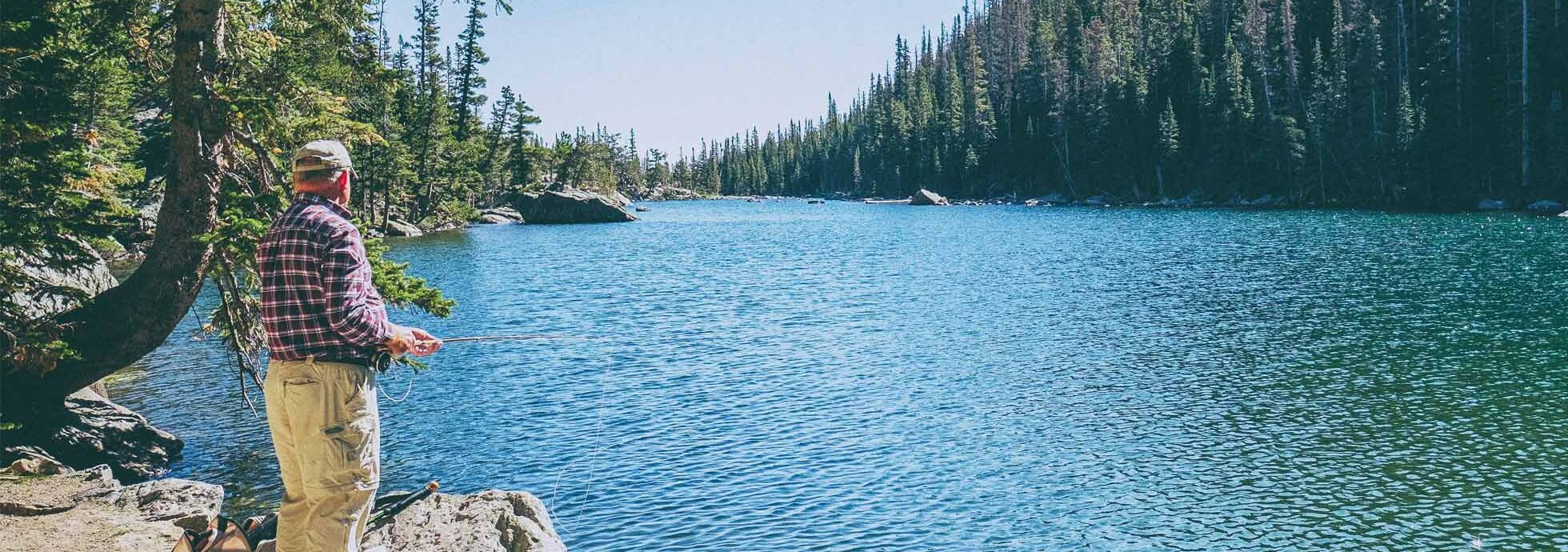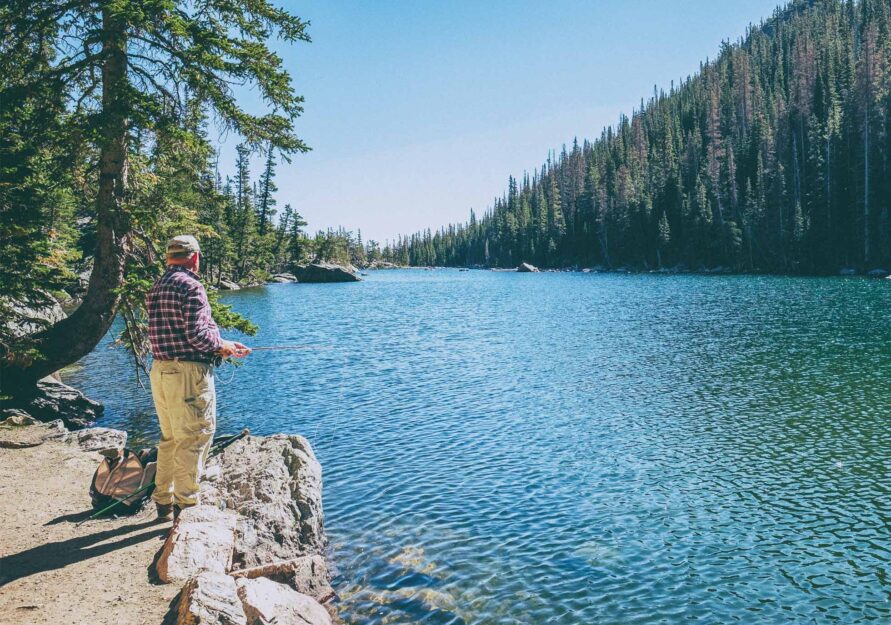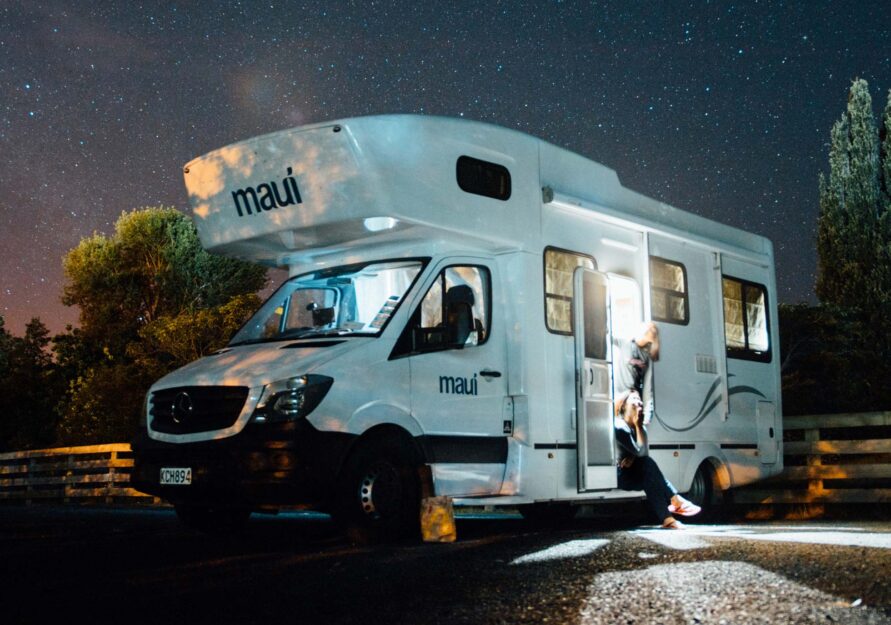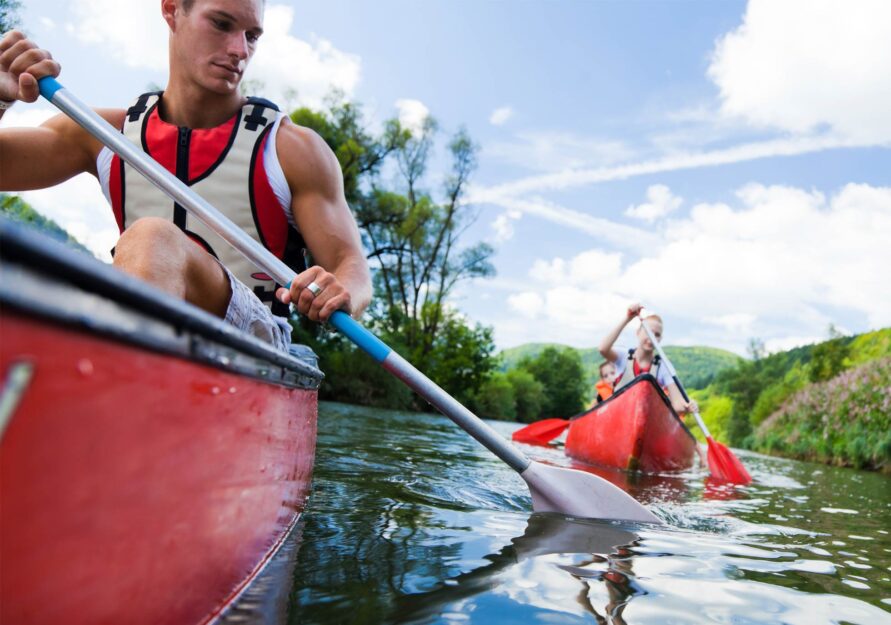New Brunswick’s diverse waterways make it a paradise for anglers of all skill levels. Whether you’re seeking the thrill of catching Atlantic salmon, trout, or bass, this province offers an abundance of fishing opportunities. Before heading out, it’s essential to understand the local regulations and obtain the proper licenses to ensure a smooth and enjoyable experience.
Where to Fish
New Brunswick is home to several prominent rivers perfect for fishing, each offering unique opportunities:
- Digdeguash River: Flowing right by Camp Kink, this serene river is ideal for both novice and experienced anglers. With an abundance of trout and smallmouth bass, the Digdeguash offers a peaceful and picturesque setting for a day of fishing. The calm waters and natural beauty make it a favorite spot for those looking to unwind and connect with nature.
- Miramichi River: Known worldwide for its Atlantic salmon, this river is a favorite among seasoned anglers. Spring and fall are the best times to catch salmon, while striped bass are abundant in the summer.
- Restigouche River: This river is ideal for those looking to catch trout and salmon. It offers a tranquil setting and a rewarding experience, especially during the salmon runs.
- Saint John River: With species like smallmouth bass, musky, and sturgeon, the Saint John River provides a variety of fishing options throughout the year.
Obtaining a Fishing License
To fish in New Brunswick, anyone 16 years or older needs a valid fishing license. Licenses can be purchased online through the Government of New Brunswick’s website, at local retailers, or bait shops throughout the province. The type of license you need depends on the species you’re targeting and the duration of your fishing trip. For example, a 3-day license costs around $38, while a season license costs approximately $138.
Regulations to Keep in Mind
When fishing in New Brunswick, it’s important to follow local regulations:
- Season and Bag Limits: Each waterway has specific seasons and bag limits for different species. Check the current regulations for the body of water you plan to fish to ensure compliance.
- Gear Restrictions: Certain gear, such as hook size and bait type, is regulated depending on the species and waterway. For example, salmon fishing often requires specific gear and techniques.
- Catch-and-Release: Some areas may have mandatory catch-and-release rules, especially for salmon during certain times of the year.
Local Tips for a Successful Fishing Trip
- Timing and Conditions: Pay attention to water levels, temperature, and rainfall, as these factors can significantly impact your fishing success. Salmon, for instance, are most active in water temperatures between 45°F and 65°F.
- Local Resources: Visit local bait shops or tackle stores to get insider tips on the best spots and techniques for the current season. Stores like Minnow Tackle in Fredericton or Doiron’s Outfitters in Saint John are great places to start.
- Guided Trips: For non-residents, hiring a guide is mandatory for salmon fishing. A guide can provide valuable knowledge and help you navigate the regulations, ensuring a more successful and enjoyable experience.
Enjoy the Experience Responsibly
Fishing in New Brunswick is not only about the catch; it’s about connecting with nature and respecting the environment. Always follow local regulations, practice sustainable fishing, and leave no trace to preserve these beautiful waterways for future generations.
Ready to cast your line in New Brunswick’s pristine rivers, including the beautiful Digdeguash? Make sure you’re well-prepared, get your license, and enjoy the thrill of fishing in one of Canada’s most scenic provinces!
This information is based on details from various resources, including the Government of New Brunswick and Tourism New Brunswick. If you need further details or specific regulations, check these sources before planning your trip.




